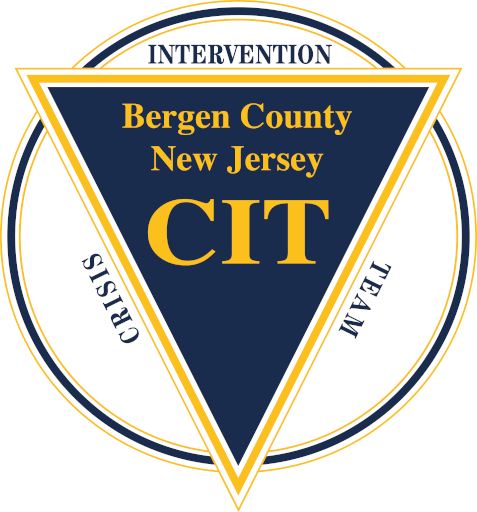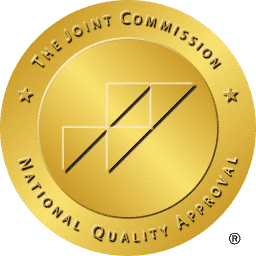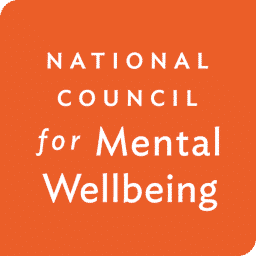Drinking alcohol can produce various effects on the body. Although each individual is generally affected by alcohol in different ways shortly after they consume it, some of its effects on brain function and central nervous system activity are consistent among most people.
When people drink alcohol, they tend to experience a large surge of energy, enhanced mood, or certain effects on their behavior. This may lead them to believe it is a stimulant because of its effect on the body. While alcohol does provide stimulating effects, it isn’t necessarily a stimulant.
With that, how can alcohol be classified? Is alcohol a stimulant or a depressant? This article was written to differentiate and compare stimulants and depressants, identify the effects of alcohol on the body, and provide suitable treatment options for individuals that are struggling with or recovering from alcohol abuse.
What Are Stimulants?

Stimulants are a type of drug that temporarily enhance an individual’s physical and mental body and brain function.
The effects of stimulants are carried out through increased norepinephrine and dopamine production. These two hormones provide stimulant effects, including support in regulating and caring for blood pressure, blood vessels, breathing, oxygen, heart rate, and mood.
Stimulants are used in the medical field to treat certain conditions such as Attention-Deficit Hyperactivity Disorder, wherein individuals require increased support in regulating their behavior and symptoms. It’s also used to treat narcolepsy, which causes an individual to fall into a frequent, deep sleep.
Examples of Stimulants and Stimulant Drugs
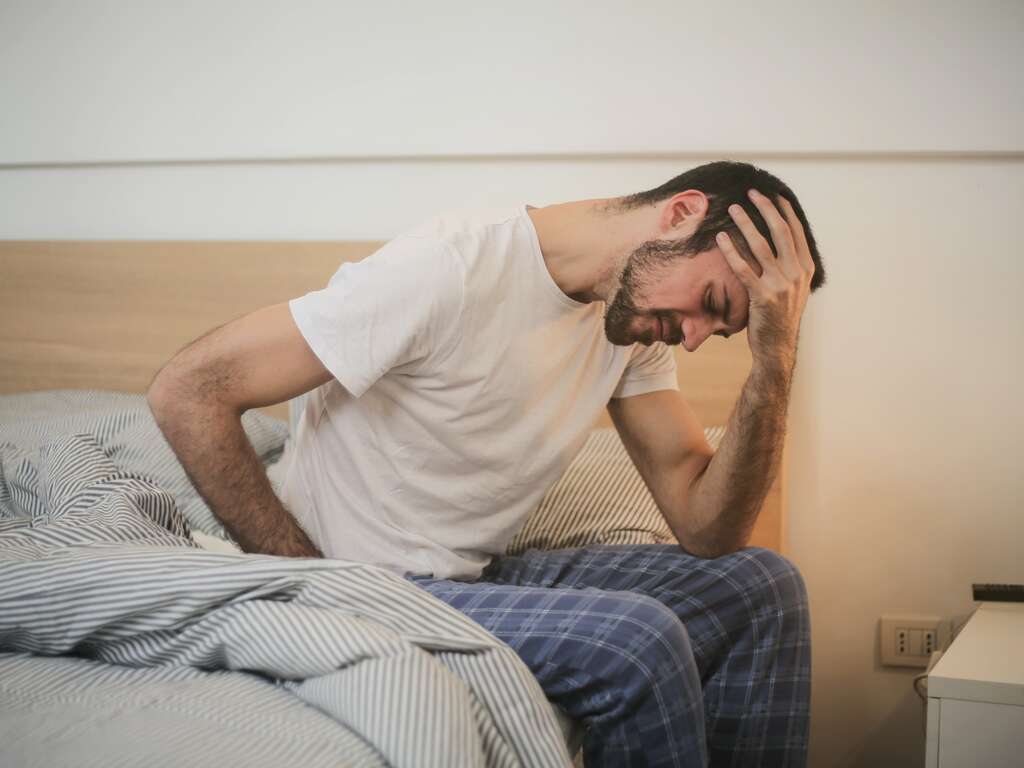
Stimulants can be found in various things. One of the most common stimulants that people consume every day is caffeine. Caffeine can be found in food and drinks like coffee, soda, energy drinks, tea, and more. Since stimulants are psychoactive drugs, they can be highly addictive if taken consistently. This can be seen in people who use illicit drugs or smoke cigarettes frequently. Cocaine, methamphetamine, and cigarettes all induce stimulant effects in those who use them, which causes addiction to develop if used without regulation.

Stimulants also come in the form of prescribed medication. Some of the most common stimulant medications include Adderall, Dexedrine, Focalin, Daytrana, and more. Some much stronger prescription amphetamines also have stimulant properties.
What Are Depressants?

Depressants can be considered the direct opposite of stimulants. Unlike stimulants, depressants aim to regulate or reduce activity in the central nervous system.
Depressants work by increasing the production of gamma aminobutyric acid (GABA), causing depressant effects that slow down heart rate, promote relaxation, induce drowsiness, and aid in various physical or mental conditions that can help an individual feel more comfortable in their current state.
Depressant drugs are often prescribed by medical professionals to treat anxiety, depression, and other mental health disorders and conditions. They can also be used to induce sedative effects, which may be beneficial to those who are struggling with sleep disorders like insomnia.
Examples of Depressants and Depressant Drugs
Depressants are also psychoactive drugs, which means that they can be highly addictive if taken without proper prescription or regulation. They can be found in both illicit drugs and street drugs. One of the most common examples is the central nervous system depressant called Barbiturates, which is prescribed by doctors to induce relaxation and improve the quality of sleep in patients who experience Rapid Eye Movement (REM) sleep and anxiety.
Another central nervous system depressant called Benzodiazepines produces similar effects in terms of sedation but also aids in relaxing the muscles and seizures. Street drugs like cannabis also contain depressant properties.
How Stimulants and Depressants Affect the Central Nervous System
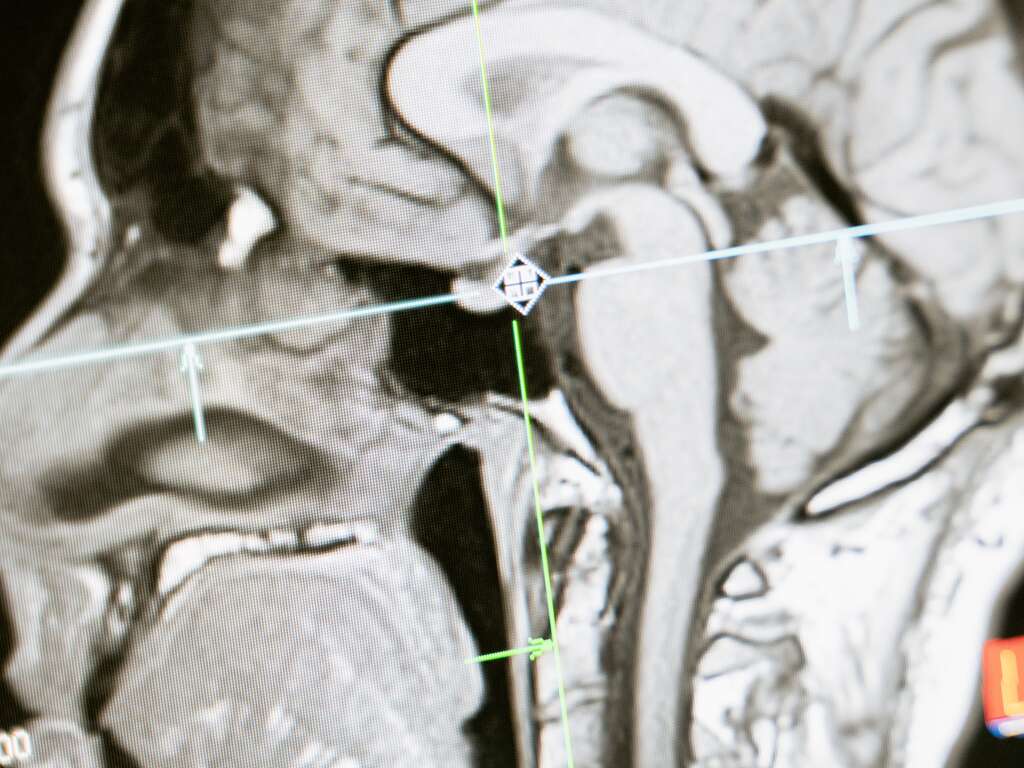
Stimulants and depressants affect the central nervous system, body chemistry, and brain function due to the hormones they produce or suppress. All effects are closely related to dopamine levels. As mentioned above, stimulants promote increased dopamine production, namely by producing more catecholamines.
Hormones made by your adrenal glands are called catecholamines. These hormones are released into the body in response to physical or emotional stress.
Catecholamines contain dopamine, which induces stimulating effects on the central nervous system. This causes an individual to feel more alert, energized, or awake in turn.
Those who use stimulants often experience a euphoric high, which may make them prone to addiction if used without regulation. However, the initial stimulant effects are only temporary and an individual may experience side effects or other undesirable symptoms upon using stimulants.
Despite their name, depressants are not taken for the purpose of making someone feel sad or depressed. They are mainly used for the regulation of physical and mental conditions to help a patient live and function more comfortably.
Depressants work to suppress dopamine production in the body. The reduction of dopamine within the body causes depressant effects, allowing an individual to feel relaxed, drowsy, or less overwhelmed with any physical, emotional, or mental struggles that they may be dealing with.
Depressants slow brain functioning and activity in the CNS, which momentarily produces feelings of relaxation, euphoria, or sleepiness.
Is Alcohol a Stimulant or Depressant?
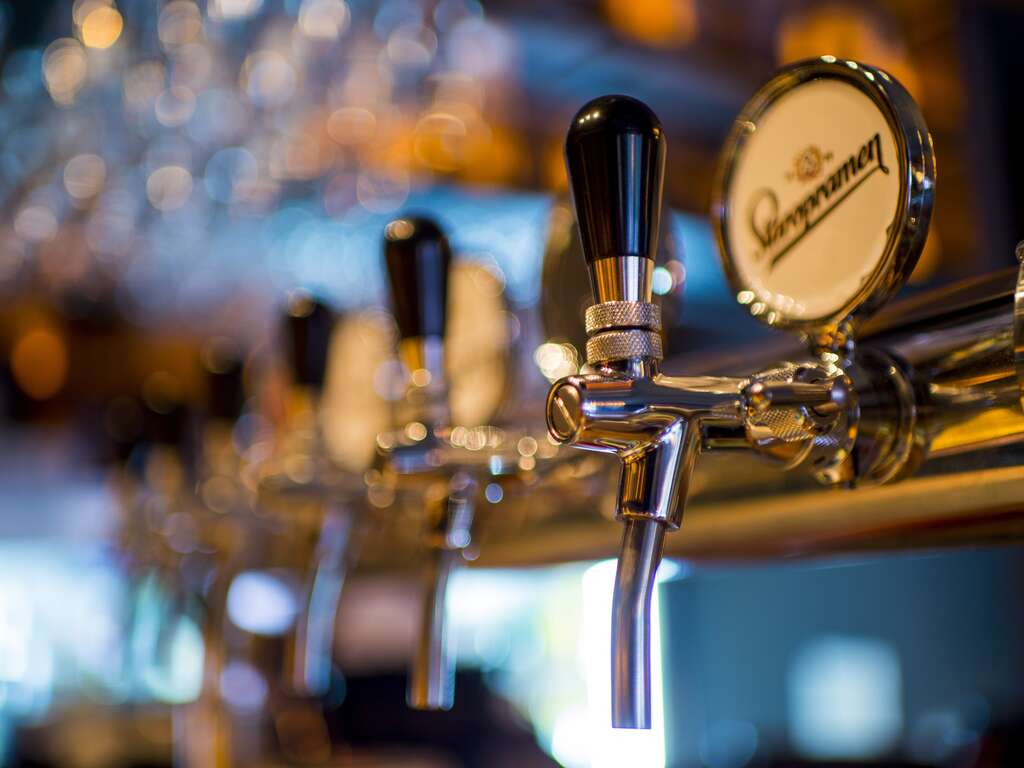
With stimulants and depressants defined, it’s time to determine whether alcohol is a stimulant or depressant.
Alcohol does provide initial stimulant effects like increased heart rate, rapid breathing, higher blood pressure, and increased energy levels. However, this high is only temporary and with long-term alcohol abuse, individuals may experience symptoms that align more with reduced brain activity and less stimulation in the central nervous system.
This makes alcohol a depressant. Aside from suppressing the production of dopamine, depressants also produce more of the gamma aminobutyric acid (GABA), which allows an individual to experience slowed brain activity once the initial high from the alcohol consumed has worn off.
Stimulant Effects of Alcohol

Although most depressants aim to halt the production of dopamine when taken, drinking alcohol initially releases a surge of dopamine throughout the body.
Once the effects of alcohol occur, the body may experience an increase in heart rate, breathing, blood pressure, and emotional reactions. However, the extent of intensity of these effects can depend on an individual’s unique body chemistry, alcohol tolerance, physical attributes, sex, or the amount of alcohol consumed.
Reaction to alcohol may vary depending on the person drinking it. However, drinking alcohol can heighten emotion, which may lead to aggression or depression.
Some individuals may experience more stimulant effects than depressant effects. However, this depends on any pre-existing conditions and the body composition of the individual.
Despite its stimulating effects, alcohol is still considered a depressant.
Depressant Effects of Alcohol

The depressant properties of alcohol occur once the initial high has worn off, usually when a person experiences a hangover or has drunk too much alcohol.
Once this happens, brain activity begins to slow down and the central nervous system is less stimulated, causing the intoxicated individual to feel more drowsy or disoriented. When these depressant properties begin to take effect, one may experience:
- Slurred speech
- Slower reaction times and heart rate
- Disturbed perceptions, and other negative effects.
Heavy drinking and too much alcohol can cause adverse and possibly life-threatening events to occur. As one consumes more alcohol, they are exposed to a higher risk for addiction.
Occasional and low doses will not cause harm. However, those who frequently use alcohol and other depressants may also experience undesirable side effects and symptoms if taken without regulation.
Alcohol Poisoning: When To Call a Doctor
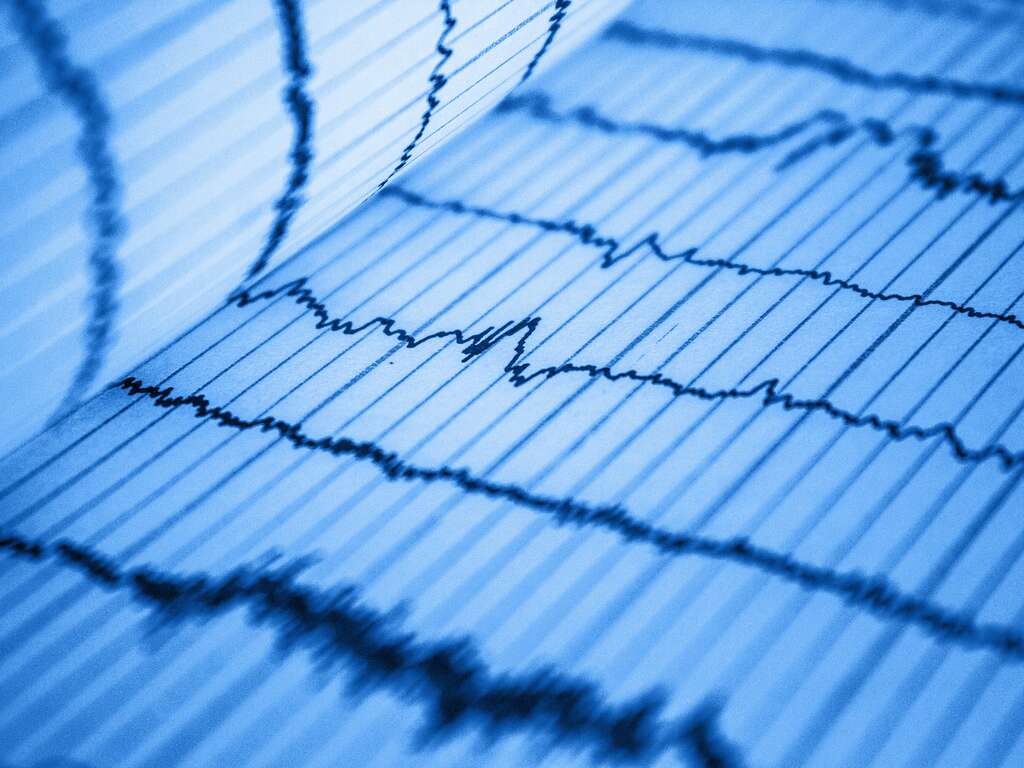
Alcohol poisoning can be life-threatening and dangerous to an individual if left unresolved. It is important that each person knows the risks that come with consuming alcohol, as well as the appropriate measures that they must take once they notice themselves or a loved one suffering from its effects.
If left unresolved, alcohol poisoning may lead to respiratory failure, cognitive impairment, and other dire effects on a person’s physical or mental capabilities.
Alcohol poisoning is characterized by several symptoms. Some of the most common symptoms include:
- Irregular breathing
- Irregular heart rate
- A spike in blood pressure
- Vomiting
- Seizures
- Hypothermia
- Fainting
Contact a medical professional or go to the nearest medical facility as soon as possible if you see these symptoms. If left unresolved, the intoxicated patient has a higher risk of dying.
Recovery Services For Alcohol Abuse and Substance Abuse at Care Plus

Excessive drinking and alcohol consumption can lead to addiction.
In fact, the National Institute on Drug Abuse states that alcohol is one of the most common drugs that lead to addiction.
Addiction science explains that alcohol addiction is difficult to control and regulate, despite individuals knowing that alcohol affects their bodies negatively.
Addiction can be difficult to cope with and overcome on your own, seeking addiction recovery services at Care Plus allows you options to change with the guidance of our staff and various programs designed to meet your needs.

Care Plus New Jersey recovery services offer out patient addiction treatment facilities throughout New Jersey, with various financial assistance options to ensure recovery is accessible. We are an in network facility with most insurance companies and accept state funded insurance.
Addiction is a condition that greatly affects one’s mental health, physical health, self-perception, and even an individual’s relationship with their loved ones.
If you or a loved one are struggling with addiction, please do not hesitate to contact a Care Plus NJ today.

CarePlus NJ, INC. is dedicated to excellence in mental healthcare and has a commitment to life-long support needed by individuals and their families to ensure that they achieve their full potential and improve the quality of their lives.


